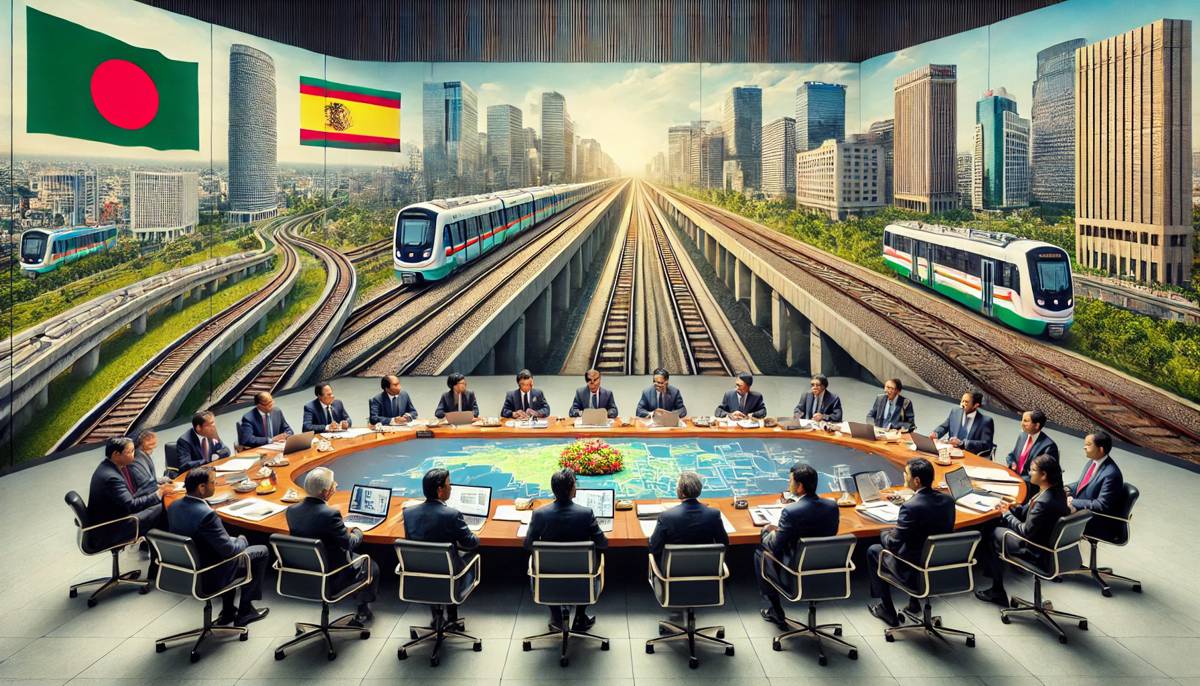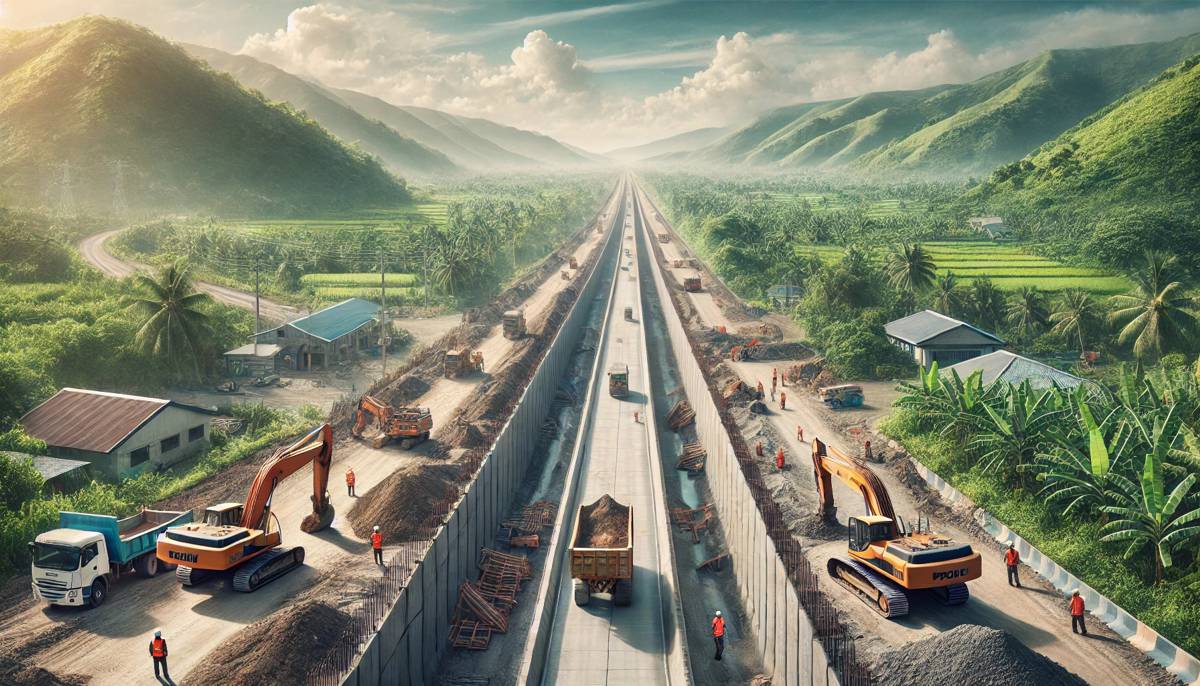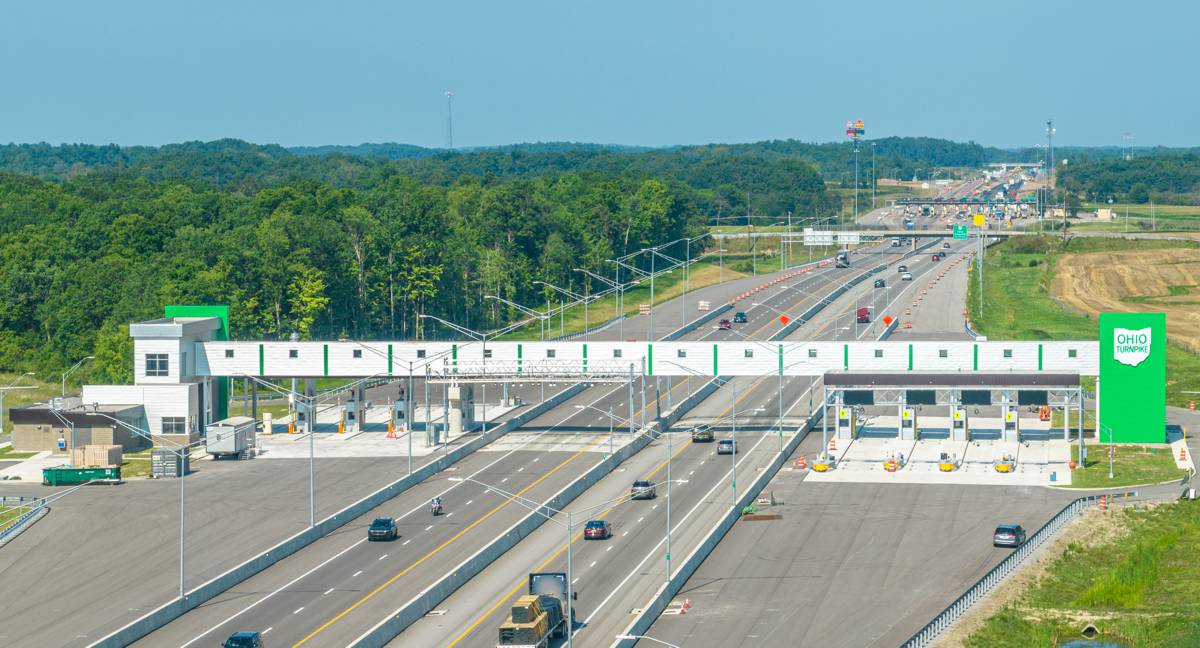Britpave calls on £27.4b roads investment plan to deliver long-term concrete solutions
Britpave, the infrastructure industry association, has welcomed Highways England’s £27.4 billion second roads investment plan. However, it warns that to get the most out of this investment, roads should be built to ensure best long-term value rather than short-term fix.
The five-year delivery plan is Highways England’s second road investment strategy (RIS2). Over half of the £27.4 billion budget, some £14.2 billion, will be allocated for completing projects started with the previous RIS1 five year plan.
The new strategy includes smart motorway upgrades to the M6, M62, M56, the M40 and M42 interchange, the A1(M) , the M3 and parts of the M25. In addition, there is a renewed commitment to build a tunnel under Stonehenge in order to remove the A303 bottleneck.
Also included are plans to resurface nearly 5,000 lane miles of roads, renew or install over 1,000 miles of safety barriers and invest up to £400 million replacing ageing concrete sections on the A14, M5, M18, M20, M42, M54 and M56.
“RIS2 represents a significant investment to improve and upgrade the national road network and Highways England’s plans are to be welcomed. However, the success of this investment rests on delivering road solutions that will not need on-going maintenance or replacing within 7-10 years,” said Joe Quirke, Britpave Chairman.
Quirke points to the 40-60 year performance life of concrete roads that provide long-term benefits of reliability, minimum maintenance, less road works, better whole-life costs and, therefore, a better return on capital investment. “The long-term durability of concrete is underlined by those sections planned to be replaced. Some of which have provided several decades of service and have successfully carried over 50% more traffic than designed for,” said Quirke. “New developments in concrete roads, such as Next Generation Concrete Surfaces, offer not only the proven long-term benefits of concrete but also significant noise reduction and climate change resilience. They also offer a better sustainability option as replacement cements can have less carbon than asphalt at construction stage and the reduced maintenance requirements means less carbon emissions during the pavement’s life. Concrete roads should have a key role in delivering RIS2.”















